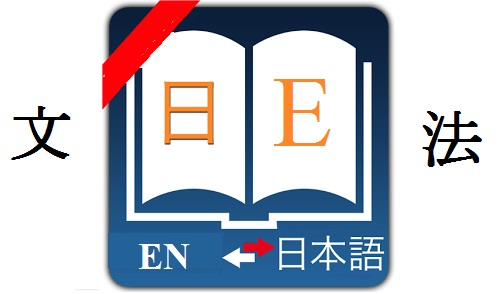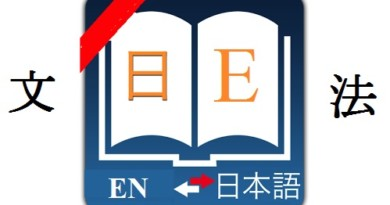Japanese となったら grammar tonattara
Let’s learn Japanese となったら grammar tonattara :
Formation :
N(のこと)となったら
Meaning and how to use :
Expresses the meaning “choose a Noun then make it the topic. Usually translated as “as for N…/ about N”.
For example
頭がいい子となったら、このクラスで山田君より頭がいい子はいない。
tsumuri ga ii shi to natu tara kono kurasu de yamata kun yori tsumuri ga ii shi ha i nai
As for smart child, no one in this class is smarter than Yamada.
サッカーとなったら、彼は絶えず話せますよ。
sakka to natu tara kare ha taezu hanase masu yo
About football, he can talk nonstop.
最近の若者となったら、一日中絶えず相談できますよ。
saikin no wakamono to natu tara ichi nichi naka taezu soudan deki masu yo
If it’s about these day youngsters, I can talk nonstop about it for a whole day.
この辺の警察となったら、親切ばかりな人ですよ。
kono atari no keisatsu to natu tara shinsetsu bakari na hito desu yo
About police officers in this area, they are all kind people.
うちの犬となったら、この辺で賢い犬よりいないよ。
uchi no inu to natu tara kono atari de kashikoi inu yori i nai yo
Talking about my dog, there is no dog in this neighborhood smarter than mine.
Above is Japanese となったら grammar tonattara. if you don’t understand the signs we used in fomation, you can find their meaning here : signs used in Japanese grammar structures.
You can search the structure you want by using the search tool on our website (using key : grammar + ‘structure name’ or you can find more Japanese grammar structures in the following category : Japanese grammar dictionary
